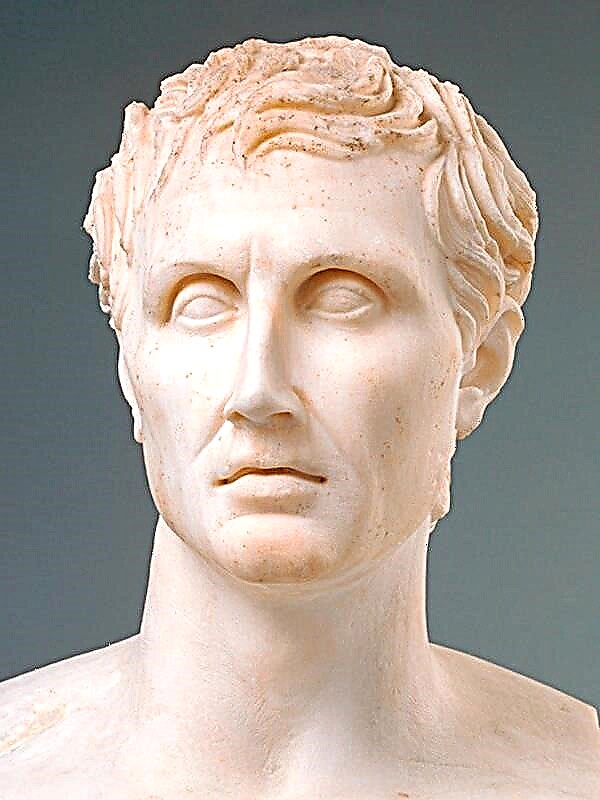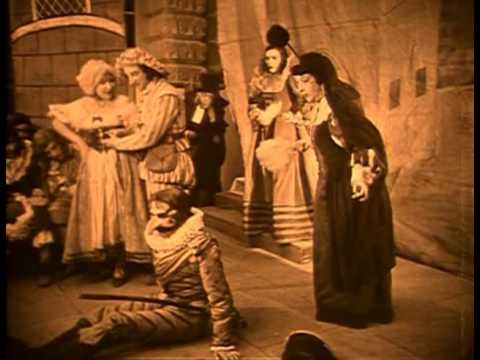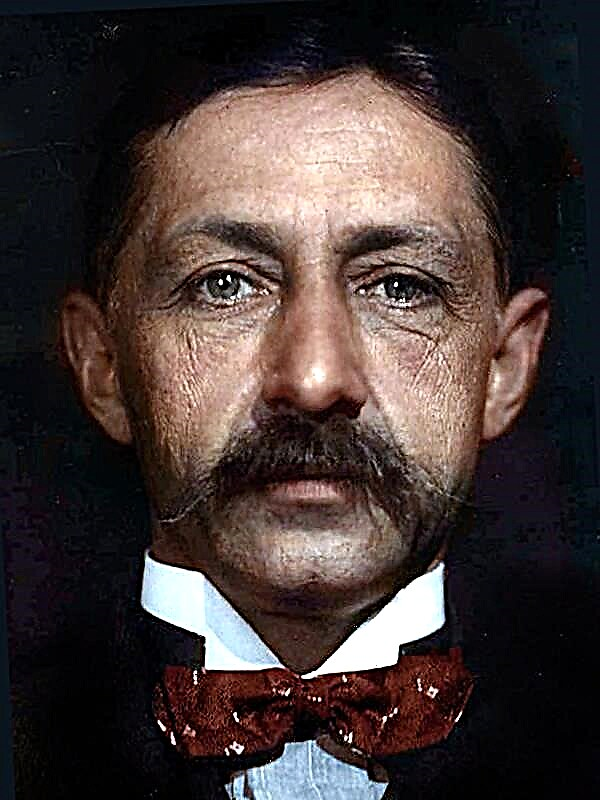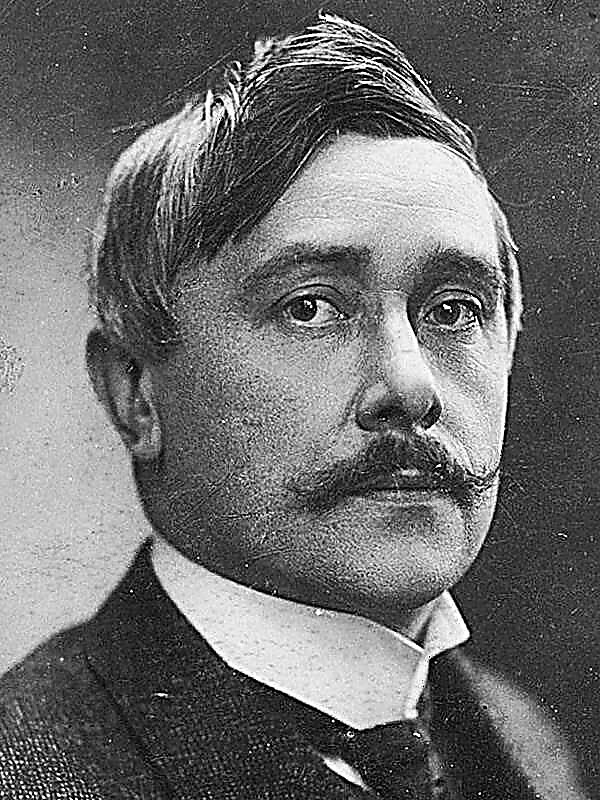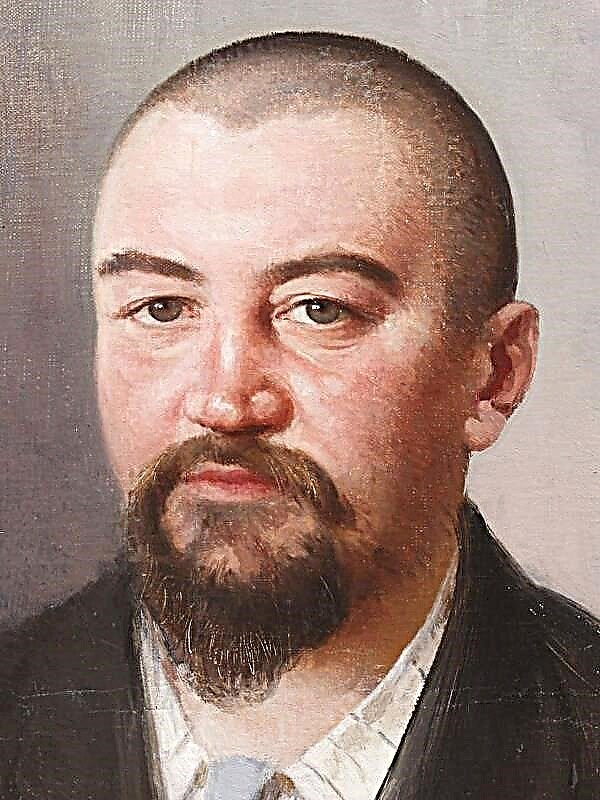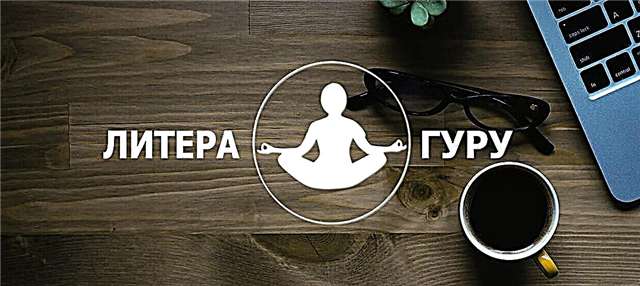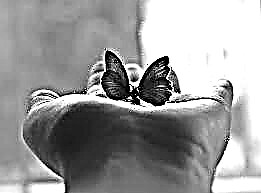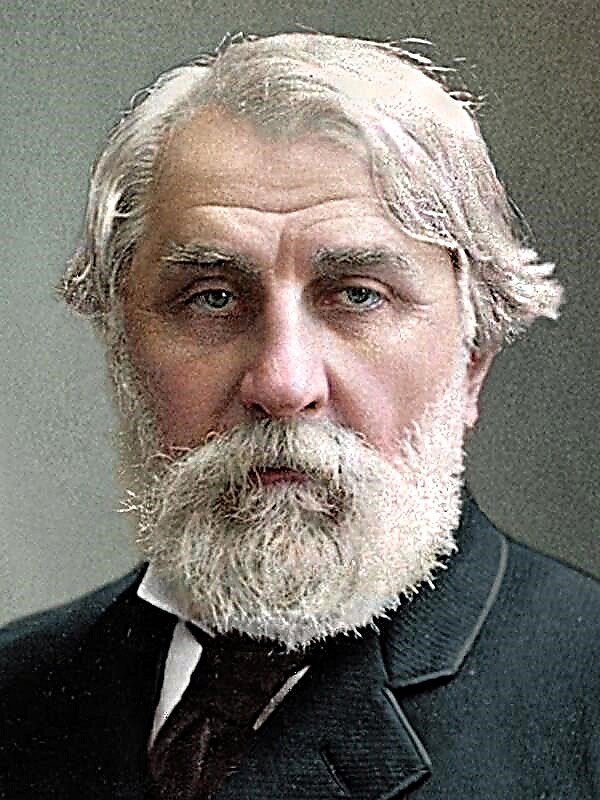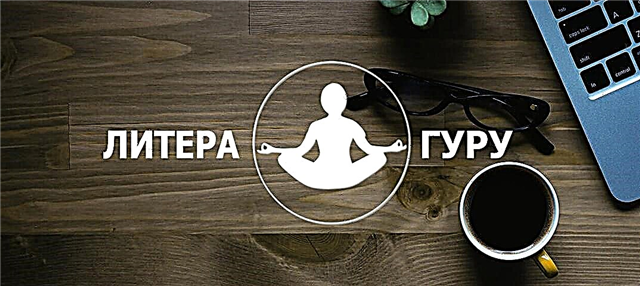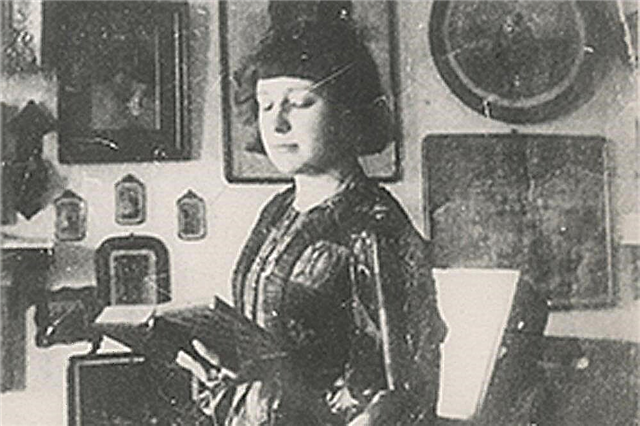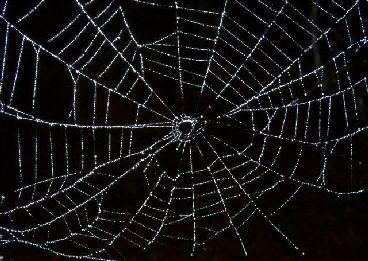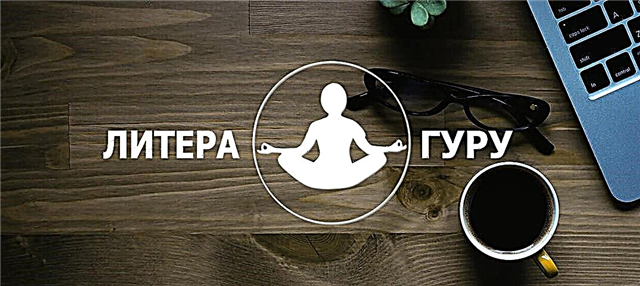Volume One
The proposed story, as will become clear from what follows, occurred somewhat shortly after the "glorious exile of the French." A college adviser Pavel Ivanovich Chichikov arrives in the provincial city of NN (he is not old and not too young, not fat and not thin, his appearance is rather pleasant and somewhat rounded) and settles in a hotel. He makes a lot of questions to the innkeeper — both regarding the innkeeper and the income of the inn, and denouncing thoroughness in him: about city officials, the most significant landowners, asks about the state of the region and there weren’t “any diseases in their province, general fever” and other similar adversity.
Having set off on visits, the visitor discovers extraordinary activity (having visited everyone, from the governor to the inspector of the medical board) and courtesy, for he knows how to say something pleasant to everyone. He speaks about himself somehow vaguely (that “he experienced a lot in his lifetime, he endured in the service of the truth, had many enemies who attempted even his life”, and now he is looking for a place to live). At the governor’s home party, he manages to gain general favor and, among other things, reduce his acquaintance with the landowners Manilov and Sobakevich. In the following days, he dines with the police chief (where he meets the landowner Nozdrev), visits the chairman of the chamber and the vice-governor, the farmer and the prosecutor, and sets off for Manilov’s estate (which, however, is preceded by a fair authorial retreat, where, justified by the love of circumstance, the author thoroughly certifies Petrushka, a visitor’s servant: his passion for “the process of reading itself” and the ability to carry a special smell, “responding somewhat with residential peace”).
Having passed, against the promised, not fifteen, but all thirty miles, Chichikov falls into Manilovka, in the arms of an affectionate owner. Manilov’s house, surrounded by several scattered flowerbeds in English and an arbor with the inscription “Temple of Solitary Thinking”, could characterize the owner, who was “neither this nor that”, not aggravated by any passions, only excessively pretended. After Manilov’s confession that Chichikov’s visit is “May Day, the name day of the heart,” and a dinner in the company of the mistress and two sons, Themistoklus and Alkida, Chichikov discovers the reason for his visit: he would like to buy peasants who died, but have not yet been declared as such in the audit help, having formalized everything legally, as if on living ("the law - I am dumb before the law"). The first fright and bewilderment are replaced by the perfect disposition of the kind owner, and after making a deal, Chichikov departs for Sobakevich, and Manilov indulges in dreams of Chichikov’s life next door across the river, about building a bridge, about a house with such a belvedere that Moscow is visible from there, and about their friendship, having known about which the sovereign would bestow them with generals. The coachman Chichikova Selifan, much kindly courted by Manilov’s yard people, in conversations with his horses misses the necessary turn and, with the noise of the downpour that has begun, overturns the gentleman in the mud. In the dark, they find an overnight stay at Nastasya Petrovna Korobochki, a somewhat timid landowner, at which Chichikov also starts trading in dead souls in the morning. Having explained that he himself will now pay a fee for them, cursing the stupidity of the old woman, promising to buy both hemp and lard, but another time, Chichikov buys her souls for fifteen rubles, receives a detailed list of them (in which Peter Savelyev is especially struck -Side) and, having bitten off a fresh pie with an egg, pancakes, pies and other things, he leaves, leaving the mistress in great concern about whether she was too cheap.
Having left on the high road to the tavern, Chichikov stops for a bite to eat, the author provides some enterprise with a lengthy discussion about the appetite of the gentlemen of the middle hand. Here he is met by Nozdrev, returning from the fair in a chorus of his son-in-law Mizhuyev, because he lost everything of his horses and even a chain with a watch. Describing the delights of the fair, the drinking qualities of dragoon officers, a certain Kuvshinnikov, a great lover of “taking advantage of a strawberry” and, finally, presenting a puppy, “a real face”, Nozdrev takes Chichikov (who thinks to get hold of it here too), taking away and stubborn son-in-law. Having described Nozdrev, “in some respects, a historical person” (because wherever he went without history), his possessions, the unpretentiousness of a lunch with plenty, however, of drinks of dubious quality, the author sends a sedate son-in-law to his wife (Nozdrev warns him with abuse and word “Fetyuk”), and Chichikova is forced to turn to her subject; but he fails to beg or buy a shower: Nozdrev offers to exchange them, take them in addition to a stallion or make a bet in a card game, finally scolds, quarrels, and they part for the night. In the morning, persuasion is resumed, and agreeing to play checkers, Chichikov notices that Nozdrev shamelessly cheats. Chichikov, whom the landlord is attempting to beat already, manages to escape due to the appearance of the commander, announcing that Nozdrev is in court. On the road, Chichikov’s stroller collides with a certain carriage, and while on-the-go onlookers raise their tangled horses, Chichikov admires the sixteen-year-old young lady, indulges in arguments about her and dreams of family life. A visit to Sobakevich in his strong estate, like himself, is accompanied by a thorough dinner, a discussion of city officials, who, according to the owner, are all crooks (one prosecutor is a decent person, “and even that, to tell the truth, a pig”), and the guest of interest is married a deal. Not at all afraid of the strangeness of the subject, Sobakevich bargains, characterizes the beneficial qualities of each serf, supplies Chichikov with a detailed list and forces him to give makings.
Chichikov’s path to the neighboring landowner Plyushkin, mentioned by Sobakevich, is interrupted by a conversation with a man who gave Plyushkin a well-aimed, but not too typed nickname, and the author’s lyrical reflection on his former love for unfamiliar places and indifference that has now appeared. Plyushkina, this “gap in humanity”, at first Chichikov takes for a housekeeper or a beggar, whose place is on the porch. The most important feature of it is its amazing stinginess, and even he carries the old sole of the boot into a pile heaped in the master's chambers. Having shown the profitability of his proposal (namely, that he will incur taxes for the dead and runaway peasants), Chichikov is completely in time in his enterprise and, having refused tea with crackers, equipped with a letter to the chairman of the chamber, is serving in a very cheerful mood.
As long as Chichikov sleeps in a hotel, the author thinks sadly about the baseness of the objects he paints. Meanwhile, contented Chichikov, waking up, composes the merchants' fortresses, examines the lists of acquired peasants, reflects on their alleged fate and finally goes to the civil chamber in order to conclude the case as soon as possible. Manilov, met at the gates of the hotel, accompanies him. Then follows a description of the public place, Chichikov’s first ordeals and a bribe to a certain pitcher snout, until he enters the chairman’s apartments, where he finds Sobakevich by the way. The chairman agrees to be Plyushkin's attorney, and at the same time speeds up other transactions. They are discussing the acquisition of Chichikov, with the land or for withdrawal, he bought the peasants and in what places. Having ascertained that, having withdrawn to the Kherson province, having discussed the properties of the sold peasants (here the chairman recalled that Karetnik Mikheyev seemed to have died, but Sobakevich assured that he was old and “became healthier than he was”), they complete the champagne, go to the police chief, “father and to the philanthropist in the city ”(whose habits are immediately stated), where they drink for the health of the new Kherson landowner, become completely excited, force Chichikov to stay and attempt to marry him.
Chichikov’s purchases are made in the city, a rumor is circulating that he is a millionaire. Ladies are crazy about him. Several times approaching to describe the ladies, the author is shy and backs down. On the eve of the ball, the governor Chichikov even receives a love message, though unsigned. Having used as usual a lot of time to the toilet and was satisfied with the result, Chichikov goes to the ball, where he passes from one embrace to another. The ladies, among whom he is trying to find the sender of the letter, even quarrel, disputing his attention. But when the governor approaches him, he forgets everything, because she is accompanied by her daughter ("Institute, just graduated"), a sixteen-year-old blonde whose crew he encountered on the road. He loses the favor of the ladies, for he starts a conversation with a fascinating blonde, scandalously neglecting the rest. To top it off, Nozdrev appears and loudly asks how many Chichikov have trafficked the dead. And although Nozdrev is obviously drunk and the embarrassed society is gradually distracted, Chichikov is not asked either whist or the subsequent dinner, and he leaves upset.
About this time, a tarantas enters the city with the landowner Korobochka, whose growing anxiety forced her to come, in order to find out at what price the dead souls are. The next morning, this news becomes the property of a pleasant lady, and she hurries to tell her another, pleasant in all respects, the story is surrounded by amazing details (Chichikov, armed to the teeth, bursts into the Box at dead midnight, requires souls that have died, gives terrible fear - “ the whole village has run away, the children are crying, everyone is screaming ”). Her friend concludes that dead souls are just a cover, and Chichikov wants to take away the governor's daughter. Having discussed the details of this enterprise, the undoubted participation of Nozdrev in it and the quality of the governor’s daughter, both ladies initiate the prosecutor’s office and set off to rebel the city.
In a short time the city is in full swing, to this is added the news about the appointment of a new governor-general, as well as information about the papers received: about the falsifier of bank notes, announced in the province, and about the robber who escaped from legal prosecution. Trying to understand who such Chichikov is, they recall that he certified himself very vaguely and even spoke about those who attempted his life. The postmaster’s statement that, in his opinion, Chichikov, captain Kopeikin, who had taken a stand on the injustices of the world and became a robber, was rejected, since it follows from the presentable postmaster’s story that the captain was missing his arms and legs, and Chichikov was whole. There is an assumption whether Chichikov is disguised as Napoleon, and many begin to find a certain similarity, especially in profile. The interrogations of Korobochka, Manilov, and Sobakevich do not yield results, and Nozdrev only multiplies the confusion, announcing that Chichikov is just a spy, a man of false banknotes and had the undoubted intention to take away the governor's daughter, in which Nozdrev undertook to help him (each version was accompanied by detailed details down to the name priest, who took up the wedding). All these rumors are extremely affecting the prosecutor, a blow happens to him, and he dies.
Chichikov himself, sitting in a hotel with a slight cold, was surprised that none of the officials visited him. Finally, having gone on a visit, he discovers that he is not being received by the governor, and in other places they are afraid aloof. Nozdrev, visiting him at the hotel, amid the general noise he made partially clarifies the situation, announcing that he agrees go ahead abduction of a governor's daughter. The next day, Chichikov hurriedly leaves, but is stopped by a funeral procession and forced to see the whole light of bureaucracy flowing behind the tomb of the prosecutor Brichka leaves the city, and the open spaces on both sides evoke sad and encouraging thoughts about Russia, the road, and then only sad the hero chosen by him. Having concluded that it is time for a virtuous hero to give rest, and, on the contrary, to hide a scoundrel, the author lays out the life story of Pavel Ivanovich, his childhood, training in classes where he has already shown a practical mind, his relations with his comrades and a teacher, his service in the treasury then a ward, some commission to build a public building, where for the first time he gave free rein to some of his weaknesses, his subsequent departure to other, not so bready places, the transition to the customs service, where, showing honesty and integrity almost unnatural, he made a lot of money in collusion with the smugglers, he burned out, but dodged a criminal court, although he was forced to resign. He became an attorney and, during the hassle of bailing the peasants, laid out a plan in his head, began to go around the spaces of Russia, so that, having bought dead souls and laid them in the treasury as living, to get money, buy, perhaps, a village and provide for future offspring.
Having again visited the properties of his hero’s nature and partially justified him, finding him the name of “master, acquirer”, the author is distracted by the impulsive running of the horses, the similarity of the flying troika with rushing Russia and the ringing of the bell completes the first volume.
Volume Two
It opens with a description of the nature that makes up the estate of Andrei Ivanovich Tentetnikov, whom the author refers to as "the traitor of heaven." The story of the stupidity of his pastime is followed by the story of a life inspired by hopes at the very beginning, overshadowed by the pettiness of service and troubles afterwards; he resigns, intending to improve the estate, reads books, takes care of a peasant, but without experience, sometimes just human, this does not give the expected results, the peasant lounges, Tentetnikov gives up. He cuts off acquaintances with his neighbors, offended by the appeal of General Betrishchev, stops visiting him, although he cannot forget his daughter Ulinka. In a word, not having the one who would tell him the invigorating “forward!”, He completely soures.
Chichikov arrives to him, apologizing for a breakdown in the carriage, inquisitiveness and a desire to pay homage. Having found the owner’s location with his amazing ability to adapt to anyone, Chichikov, having lived with him a little, goes to the general, who weaves a story about the nonsense uncle and, as usual, begs the dead. On a laughing general, the poem crashes, and we find Chichikov heading for Colonel Koshkarev. Against anticipation, he ends up with Peter Petrovich Rooster, who at first finds himself completely naked, keen on hunting for sturgeon. The Rooster, having nothing to get hold of, because the estate was mortgaged, he only eats up terribly, gets acquainted with the bored landowner Platonov and, having knocked him out on a joint trip through Russia, goes to Konstantin Fedorovich Kostanzhoglo, married to a Platonic sister. He talks about the methods of managing with which he increased the income from the estate tenfold, and Chichikov is terribly inspired.
Very quickly, he visits Colonel Koshkarev, who divided his village into committees, expeditions, and departments, and arranged perfect paperwork in the estate, as it turns out. Having returned, he listens to the curses of the gall Kostanzhoglo to factories and manufactories that corrupt the man, the absurd desire of the man to educate the neighbor Khlobuev, who launched a fair estate and now lowering it for nothing.Having experienced tenderness and even craving for honest work, having listened to the story of the farmer Murazov, who had made an impeccable way of gaining forty million, the next day, accompanied by Kostanzhoglo and Platonov, he goes to Khlobuev, observes the unrest and the commotion of his household in the neighborhood of a governess for children wife and other traces of ridiculous luxury. Having borrowed money from Kostanzhoglo and Platonov, he gives a deposit for the estate, proposing to buy it, and goes to the Platonov estate, where he meets his brother Vasily, who is separately managing the farm. Then he suddenly appears with their neighbor Lenitsyn, obviously a rogue, gaining his sympathy with his ability to skillfully tickle a child and receive dead souls.
After many seizures in the manuscript, Chichikov is already found in the city at the fair, where he buys fabric of a cowberry color so sweet to him with a spark. He is faced with Khlobuev, whom, apparently, he has made a mistake, either depriving him, or almost depriving him of his inheritance by some forgery. Khlobuev, who missed him, is led away by Murazov, who convinces Khlobuev of the need to work and determines that he should save money for the church. Meanwhile, denunciations of Chichikov are revealed both regarding the forgery and the dead souls. The tailor brings a new tailcoat. Suddenly there is a gendarme, drawing smart Chichikov to the Governor General, "angry as anger itself." Here, all his atrocities become apparent, and he, clobbing the general's boot, plunges into the prison. In a dark closet, tearing hair and tails of a tailcoat, mourning the loss of a box of papers, he finds Chichikova Murazov, with simple virtuous words arouses in him a desire to live honestly and goes to soften the Governor General. At that time, officials who want to play tricks on their wise bosses and get a bribe from Chichikov deliver a box to him, kidnap an important witness and write a lot of denunciations to completely confuse the matter. In the province itself, riots are opening up that greatly concern the Governor General. However, Murazov is able to find the sensitive strings of his soul and give him the right advice, with which the Governor General, having released Chichikov, is about to take advantage of how “the manuscript breaks off”.

